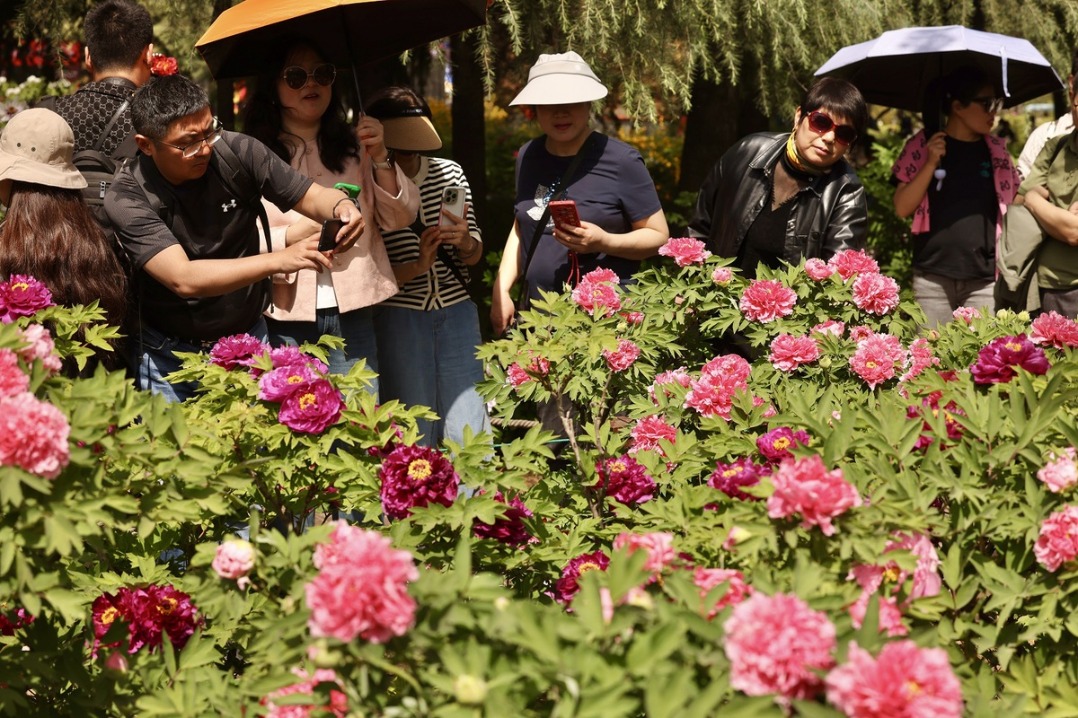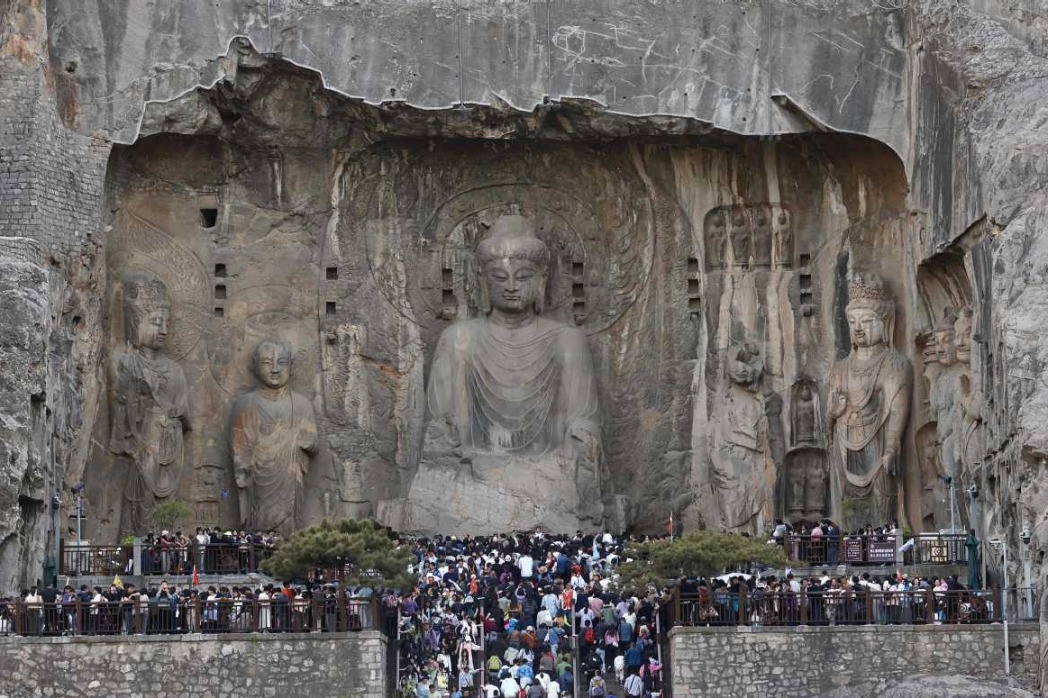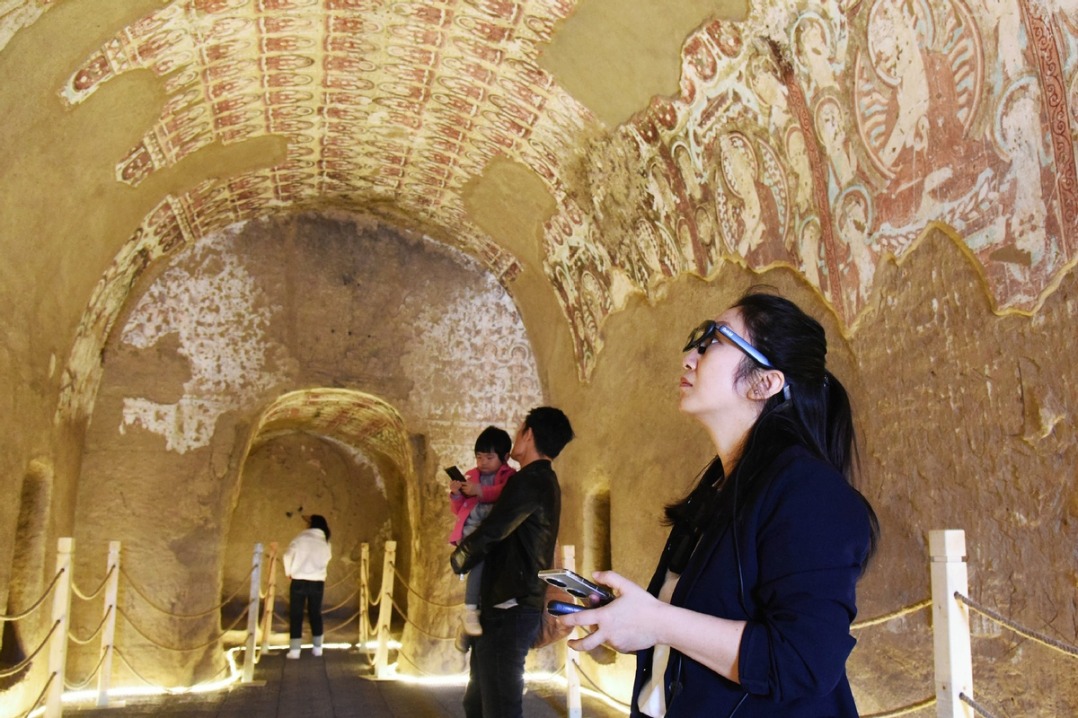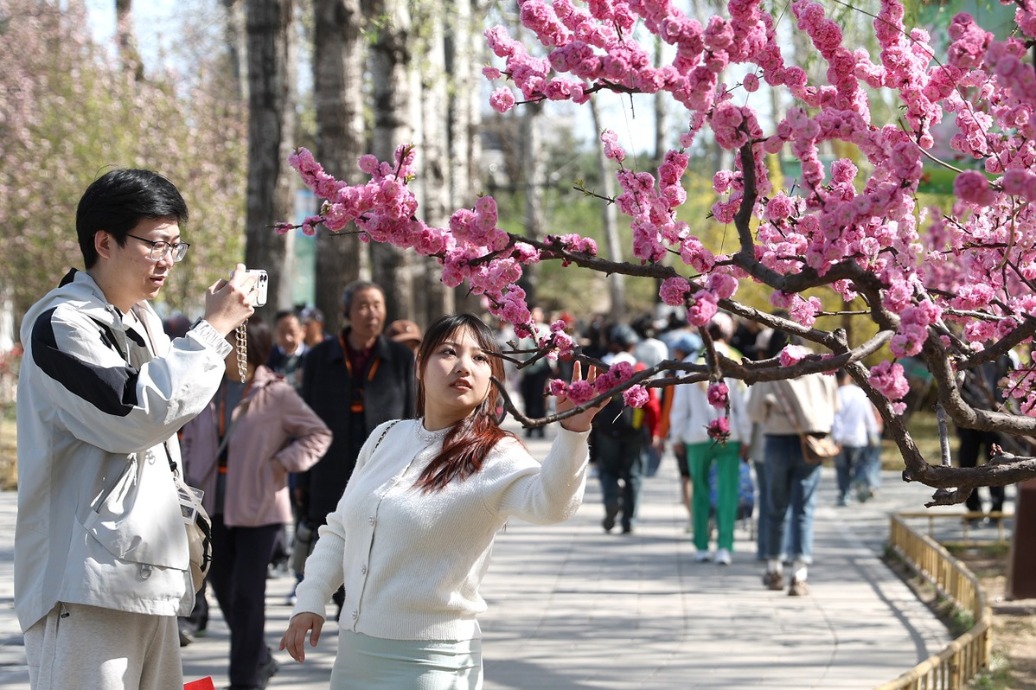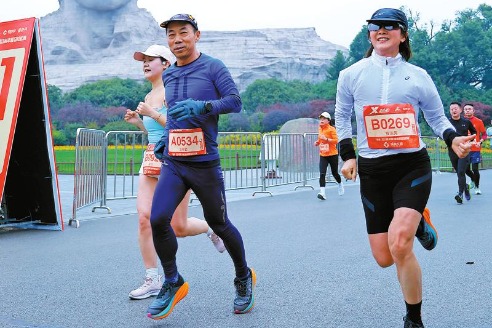Some rural areas under fire for overreacting to COVID-19 travel curbs

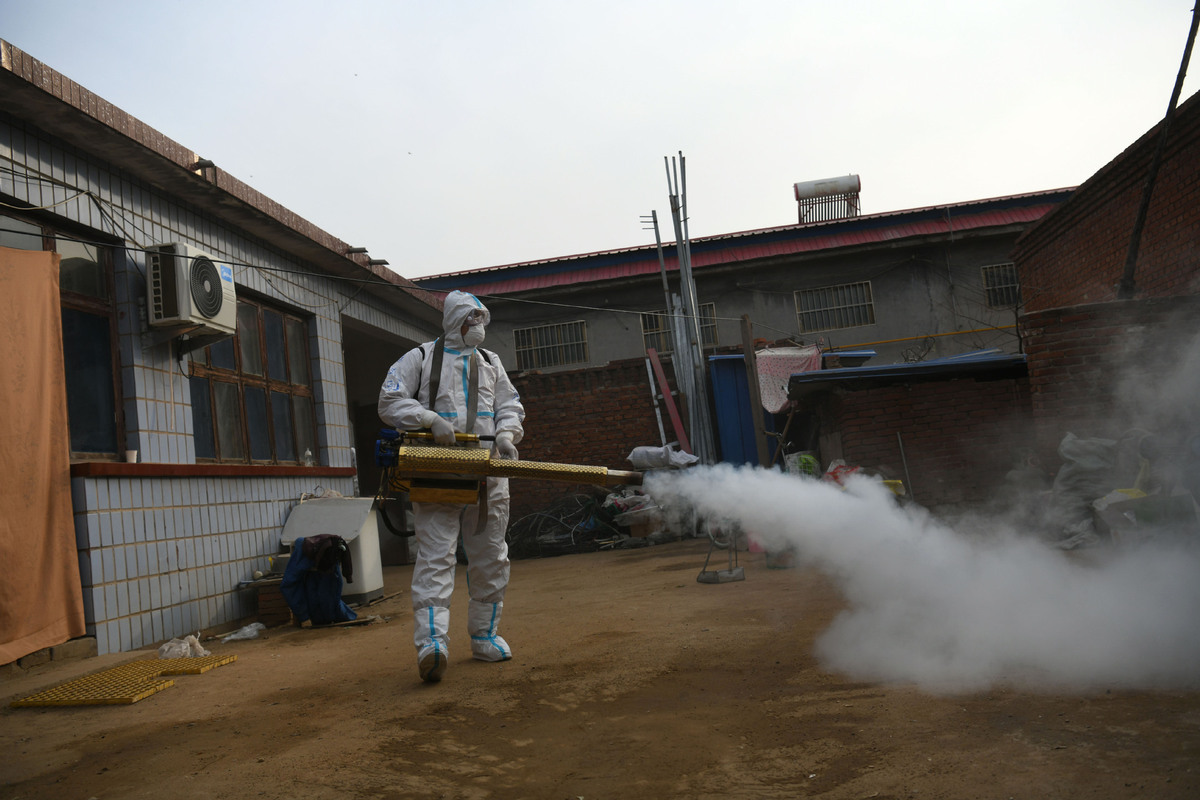
Health officials criticized overreactions in some rural areas for misinterpreting COVID-19 prevention measures during the Spring Festival travel rush, which runs against the principles raised by the central government.
China has beefed up epidemic prevention and control efforts in its rural areas to cope with the heightened transmission risk that comes with the mass migration during the upcoming Spring Festival holiday.
According to a notification released recently by the National Health Commission, people must obtain a negative result on a COVID-19 test taken within seven days before returning to rural areas for family reunions.
Such travelers are asked to monitor their health conditions, such as body temperature and symptoms of COVID-19, in the following 14 days at home. During this period, they also need to take a nuclear acid test every seven days.
The notification, which runs from Jan 18 to March 8, also asked people who are directly from areas with medium or high infection risks not to travel out of safety concerns.
The notice urged villagers to avoid unnecessary gatherings or local travel during their stay in rural areas and to take proper hygiene and self-protection measures when they have to venture out.
However, recent reports on a few "aggressive" prevention measures taken in some villages provoked public rows. In some cases, travelers who had already met the commission's requirements were forced into home quarantine and some people were even locked up at home.
"Such overreactions revealed the sloth in local government administration and are a waste of precious public resources for disease prevention," said Mi Feng, spokesman for the National Health Commission, at a news conference of the Joint Prevention and Control Mechanism of the State Council on Sunday.
Mi emphasized that measures released by the health department are not to stop people from going back home and reunion with their families, but to reduce transmission risks.
He said all regions, with the exception of Beijing, are not allowed to prohibit travelers who meet the commission's requirements from going back home or forcing them into quarantine.
"People from low infection-risk regions should not be forced to have a COVID-19 test. Local departments are not allowed to require intra-provincial travelers with a healthy QR code to show a negative COVID-19 negative result," he said.
Also, Mi said local governments can neither extend the period for self-health check at home nor shorten the interval time of the COVID-19 tests.
"We will report such overreaction cases and urged local departments to correct such behaviors in a timely manner," Mi said.
For all people who plan to travel to Beijing from now to March 15, a negative test result is required, according to Beijing government.
- China cultivates first-generation 'space highland barley'
- China's reintroduced crested ibis sets migration records
- China expects record 790m cross-regional trips during Qingming holiday
- China to accelerate digitalization of eco-environment monitoring network
- Book of Xi's discourses on Chinese modernization published in Spanish
- China sci-tech museums adopt AI-powered assistants

















